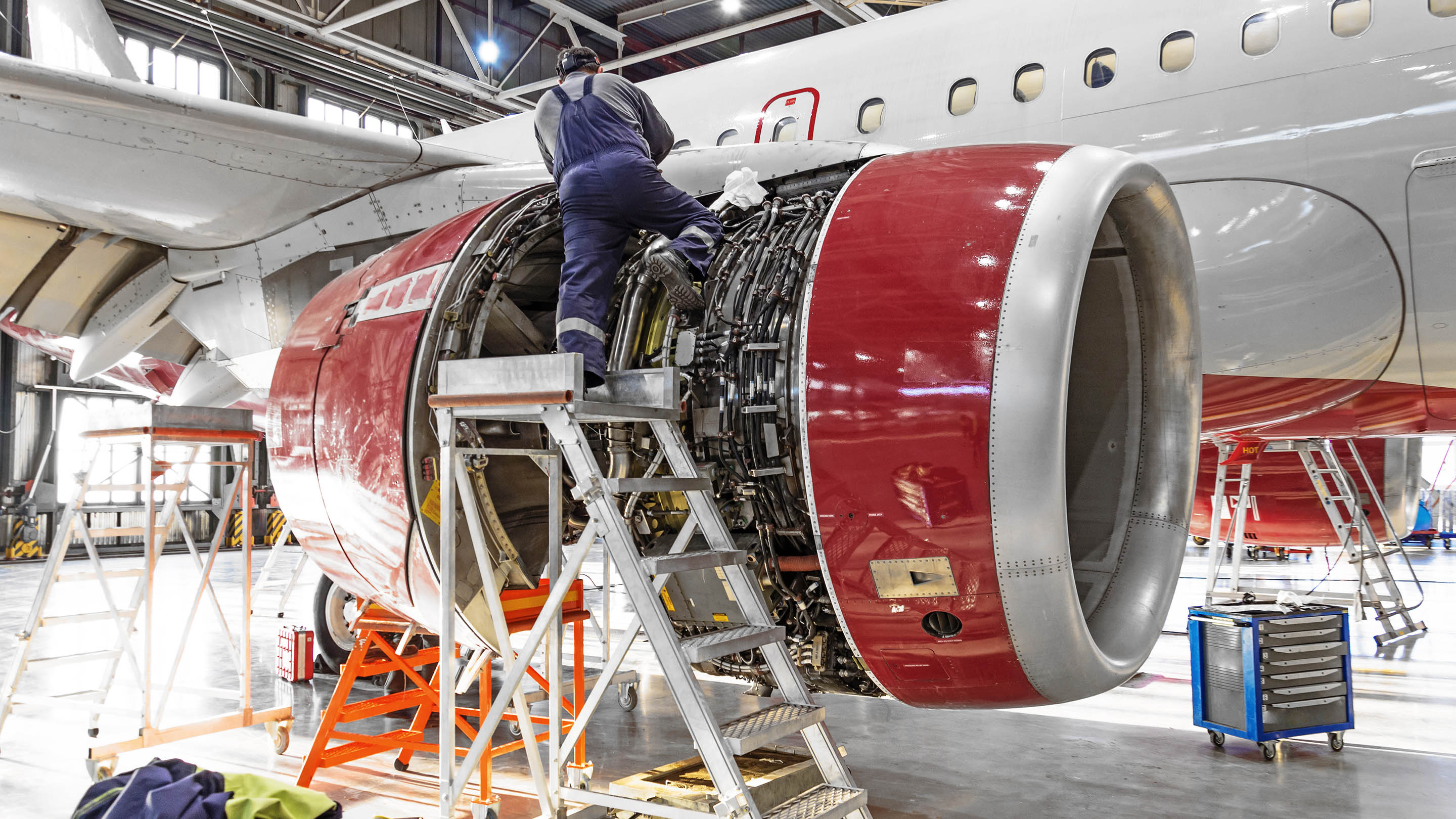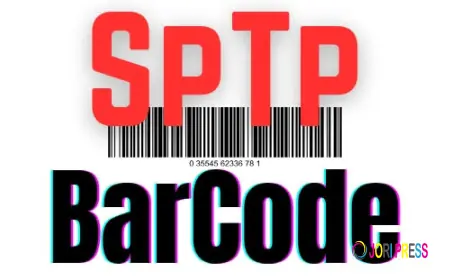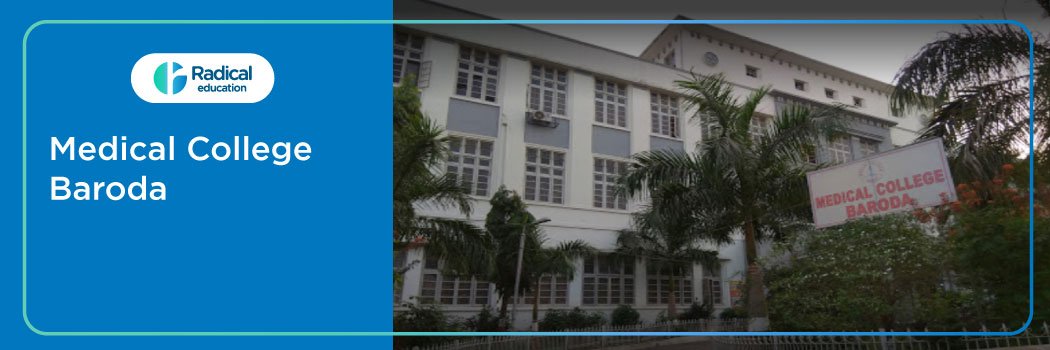What Makes a Company Stand Out in Aircraft Care Services?
Explore what defines top aircraft care companies—from certified expertise to safety, innovation, and client trust that ensures unmatched aviation service.

A full service aircraft maintenance company in Florida operates where precision, reliability, and trust define performance. Success in aviation care requires more than mechanical expertise—it demands dedication to safety, compliance, and exceptional service delivery. Companies that excel combine technical skill with integrity, ensuring every aircraft leaves the hangar flight-ready and fully certified. These organizations build a foundation of reliability that aircraft operators depend on, providing confidence that each inspection, repair, and upgrade meets strict aviation standards and delivers operational excellence every time.
Expertise Backed by Certification
Certified expertise forms the backbone of quality aircraft maintenance. Leading companies employ technicians trained under FAA guidelines and industry-recognized programs. Their qualifications demonstrate not only skill but also accountability in every procedure. From avionics troubleshooting to turbine inspections, each task requires precision guided by certification. Continuous learning keeps technicians updated with evolving aircraft systems, ensuring adherence to the latest standards. A well-certified workforce reflects professionalism, reassuring clients that every maintenance process is completed to the highest technical and safety specifications.
Comprehensive Maintenance Solutions
Top-performing aircraft maintenance providers deliver complete service coverage under one roof. Their offerings include line maintenance, heavy checks, engine repair, avionics support, and interior restoration. This integrated approach minimizes downtime, helping aircraft return to operation efficiently. Clients value companies that provide end-to-end solutions, reducing the need to coordinate with multiple vendors. Such efficiency saves both time and operational costs while maintaining quality consistency. Comprehensive service delivery also simplifies recordkeeping and ensures every maintenance action aligns with manufacturer and regulatory requirements.
Focus on Safety and Compliance
Aviation maintenance revolves around one principle—safety. Companies that prioritize compliance with FAA, EASA, and OEM standards consistently outperform competitors. Each inspection, repair, or modification must follow documented procedures verified by internal audits. Proper documentation, accurate reporting, and adherence to safety programs reinforce accountability. This disciplined approach guarantees airworthiness and protects both operators and passengers. Businesses that view safety not as a checklist but as a culture stand out, earning client trust and industry recognition through reliable and compliant maintenance practices.
Skilled Technicians and Continuous Training
Technical skill defines the quality of aircraft care. Leading companies invest heavily in training, ensuring their technicians master both traditional systems and new technologies. Ongoing education allows them to handle complex repairs confidently, from avionics calibration to composite structure maintenance. Skilled technicians bring precision to every task, reducing errors and improving turnaround time. This dedication to learning keeps the workforce sharp, adaptable, and compliant with evolving aviation demands. Consistent skill advancement sets the foundation for dependable, high-performance maintenance operations.
Advanced Tools and Diagnostic Technology
Modern aircraft require advanced tools to ensure accurate servicing. Companies that invest in diagnostic equipment, calibration systems, and digital maintenance software achieve higher precision. These tools allow technicians to detect potential issues early, preventing costly breakdowns and unnecessary downtime. Advanced technology also improves documentation accuracy and repair forecasting. Predictive maintenance powered by real-time data reduces risks and extends component life. Such innovation not only improves efficiency but also reinforces a company’s reputation for reliability and technical excellence in aircraft care.
Customer-Centered Service Philosophy
Customer relationships define long-term success in aircraft maintenance. Leading providers focus on transparent communication, regular updates, and honest pricing. Clients rely on accurate timelines and clear progress reports. Personalized maintenance programs tailored to each aircraft’s operational profile and budget build trust and loyalty. Companies that listen to client concerns and adapt services accordingly create partnerships instead of transactions. This people-first approach establishes a positive experience that keeps clients returning, confident in receiving consistent quality, precision, and professional respect.
Efficiency and Turnaround Time
Operational efficiency directly impacts client satisfaction. Aircraft grounded for long periods create financial losses, making quick turnaround essential. Companies that optimize workflows through advanced scheduling, skilled staffing, and well-structured project management deliver faster results without sacrificing quality. Efficient operations also rely on organized part inventories and precise coordination between departments. Meeting or exceeding promised deadlines strengthens credibility. Clients prefer maintenance partners who value time as much as technical excellence, ensuring their aircraft are ready for service without unnecessary delays.
Sustainable Maintenance Practices
Sustainability has become a vital part of modern aviation. Responsible maintenance companies integrate eco-friendly processes into their operations. Practices like recycling materials, reducing waste, and using non-toxic cleaning agents help protect the environment. Energy-efficient hangars and resource management systems lower costs and improve efficiency. These actions not only support global sustainability goals but also reflect a company’s forward-thinking mindset. Operators increasingly seek partners that share their environmental values, making green maintenance practices a key differentiator in the aviation service industry.
Strong Industry Reputation
A company’s reputation is built on consistent results and client trust. Organizations known for reliability, quality workmanship, and safety gain long-term credibility within the aviation sector. Positive testimonials, certifications, and partnerships reinforce their standing. Reputation also influences new business opportunities, as clients prefer service providers with proven track records. Maintaining transparency, honoring commitments, and delivering consistent excellence strengthens that image. In a field where safety and precision are non-negotiable, reputation remains the most powerful measure of reliability.
Core Qualities That Define Industry Leaders
The following characteristics define top-performing aircraft maintenance companies:
-
Certified and experienced technicians
-
Commitment to continuous training
-
Comprehensive maintenance solutions
-
Advanced diagnostic tools and equipment
-
Transparent communication with clients
-
Strong focus on safety and compliance
-
Proven on-time project completion record
-
Sustainable operational practices
These qualities combine to create dependable, results-driven service that consistently meets aviation standards and client expectations.
Innovation and Adaptability
Innovation keeps companies relevant in a competitive market. Leading maintenance providers adopt emerging technologies like AI diagnostics, digital inspection tools, and predictive maintenance systems. These tools improve accuracy and reduce operational costs. Adaptable organizations quickly respond to changes in aircraft technology, materials, and regulations. This proactive mindset ensures clients receive cutting-edge service solutions. Innovation, combined with adaptability, transforms maintenance operations into efficient, forward-moving systems that continuously improve performance, safety, and reliability for every aircraft under their care.
Building Long-Term Client Relationships
Strong relationships form the foundation of sustained growth. Companies that value client interaction through open communication and feedback build loyalty. Regular follow-ups, maintenance reports, and service evaluations promote transparency. Long-term partnerships allow companies to better understand each client’s operational needs, leading to customized solutions and consistent satisfaction. This trust-driven approach turns one-time projects into ongoing collaborations. Maintaining these relationships ensures mutual success, with both company and client benefiting from reliability, quality, and consistent communication.
Conclusion
Aircraft care companies that truly stand out combine expertise, innovation, and a client-focused mindset. Their operations revolve around safety, precision, and efficiency—qualities that guarantee dependable flight performance. A full-service provider that values continuous improvement, sustainable practices, and transparent communication becomes a trusted aviation partner. Excellence in maintenance is not achieved through equipment alone but through dedication to service, detail, and client satisfaction. Standing out in aircraft care means delivering consistency, building trust, and ensuring every aircraft leaves the hangar ready for excellence.
FAQs
1. What defines a reliable aircraft care company?
A reliable company maintains FAA-certified standards, hires skilled technicians, and follows strict safety protocols while ensuring timely and accurate aircraft servicing.
2. How can maintenance providers reduce aircraft downtime?
Efficient scheduling, skilled workforce management, and advanced diagnostic tools help reduce downtime, allowing aircraft to return to operation faster.
3. Why is certification vital in aviation maintenance?
Certification ensures that technicians and facilities meet approved standards, guaranteeing safety, compliance, and consistent service quality for every aircraft.
4. What technologies improve aircraft maintenance?
Modern diagnostics, AI-based tools, and predictive maintenance systems detect potential issues early, improving precision and reducing long-term operational costs.
5. How do sustainable practices impact aviation care?
Sustainability reduces environmental impact and operational expenses. Eco-friendly processes enhance brand reputation and reflect responsibility in maintenance services.
Visit : aerolinksolutionsllc.com
What's Your Reaction?
 Like
0
Like
0
 Dislike
0
Dislike
0
 Love
0
Love
0
 Funny
0
Funny
0
 Angry
0
Angry
0
 Sad
0
Sad
0
 Wow
0
Wow
0



















































